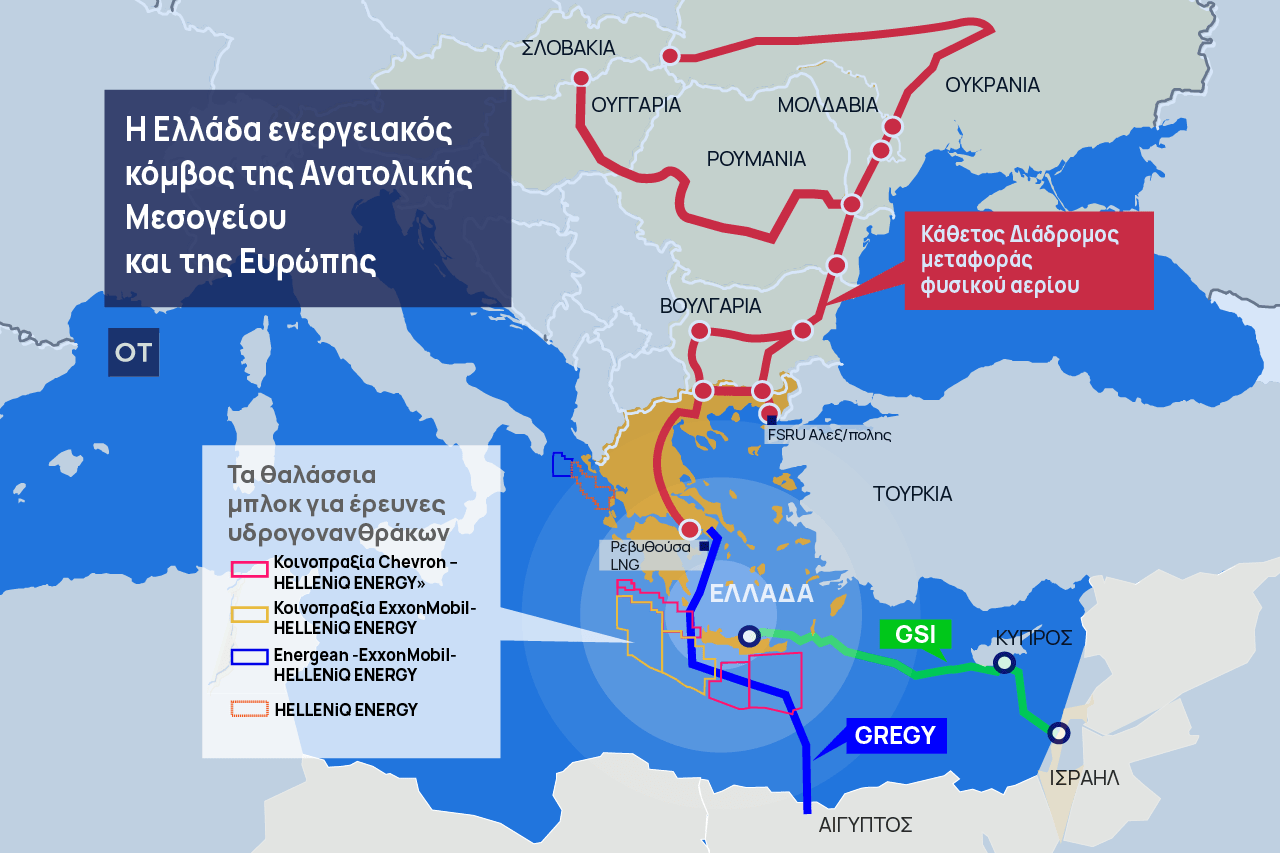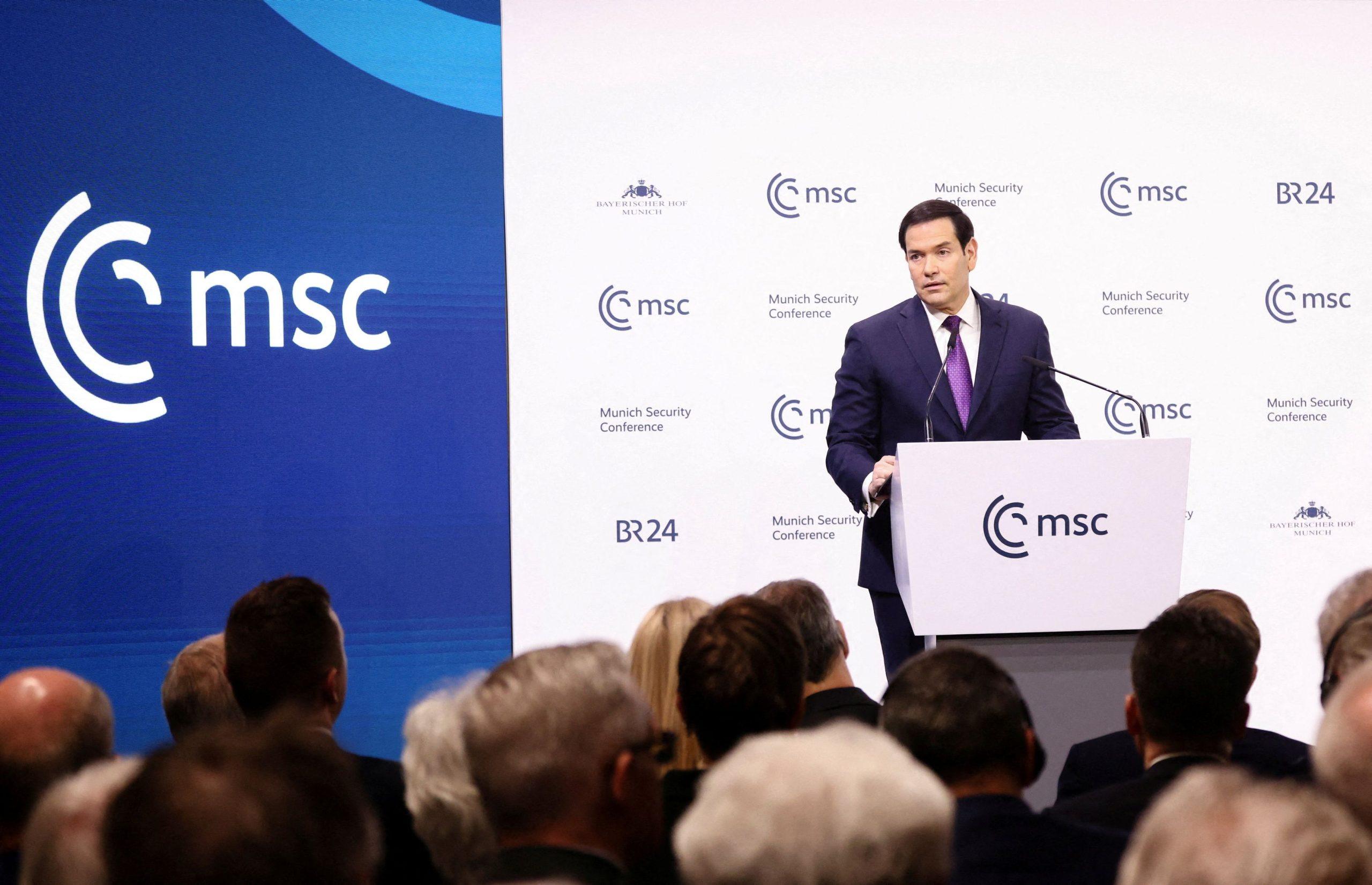Greece has reached a crucial agreement with the European Commission to secure €600 million in funding from the EU Recovery Fund, avoiding the risk of losing the resources due to strict deadlines tied to the country’s urban planning program.
The decision provides a breath of relief for the ambitious project covering 80% of Greek territory, known as the “Constantinos Doxiadis” urban planning initiative, which aims to update city and regional plans across the country.
Flexible EU Approach
The Ministry of Environment and Energy (ΥΠΕΝ) successfully negotiated with the European Commission to recognize the completion of studies by the Planning Authority as sufficient for meeting the milestone, instead of requiring the full implementation of the urban plans by April 2026.
According to Efthymios Bakogiannis, Secretary General for Spatial Planning and Urban Environment, this flexibility allows Greece to secure the funds in special accounts while continuing to refine and finalize the Local and Special Urban Plans through consultations with local communities.
“This solution prevents rushed or inadequate studies,” Bakogiannis said. “Funds will only be released to the contractors once the work is fully completed.”
A Realistic Target
During negotiations, ΥΠΕΝ proposed excluding 40% of the 150 planned studies to ensure that the project stays on track. By focusing initially on more advanced studies, such as those for Mykonos and Santorini, the ministry aims to gradually achieve full absorption of the Recovery Fund resources once all plans are completed.
Bakogiannis emphasized that quality remains a top priority. “If the methodology and standards are not met, we will reject the studies. I prefer to lose some funds rather than accept substandard work,” he warned.
Challenges Ahead
The Secretary General also highlighted concerns about conservatism in the planning process. Since the Council of State (ΣτΕ) is the final authority reviewing the plans, planners tend to be cautious, limiting the potential for progressive and modern urban designs.
Additionally, the integration of building incentives under the New Building Regulation (ΝΟΚ) into the urban plans presents technical challenges. Bakogiannis called on experts to provide methodologically sound proposals to ensure that such incentives are appropriately applied at the level of city blocks and neighborhoods, rather than individual properties.
Source: tovima.com










































